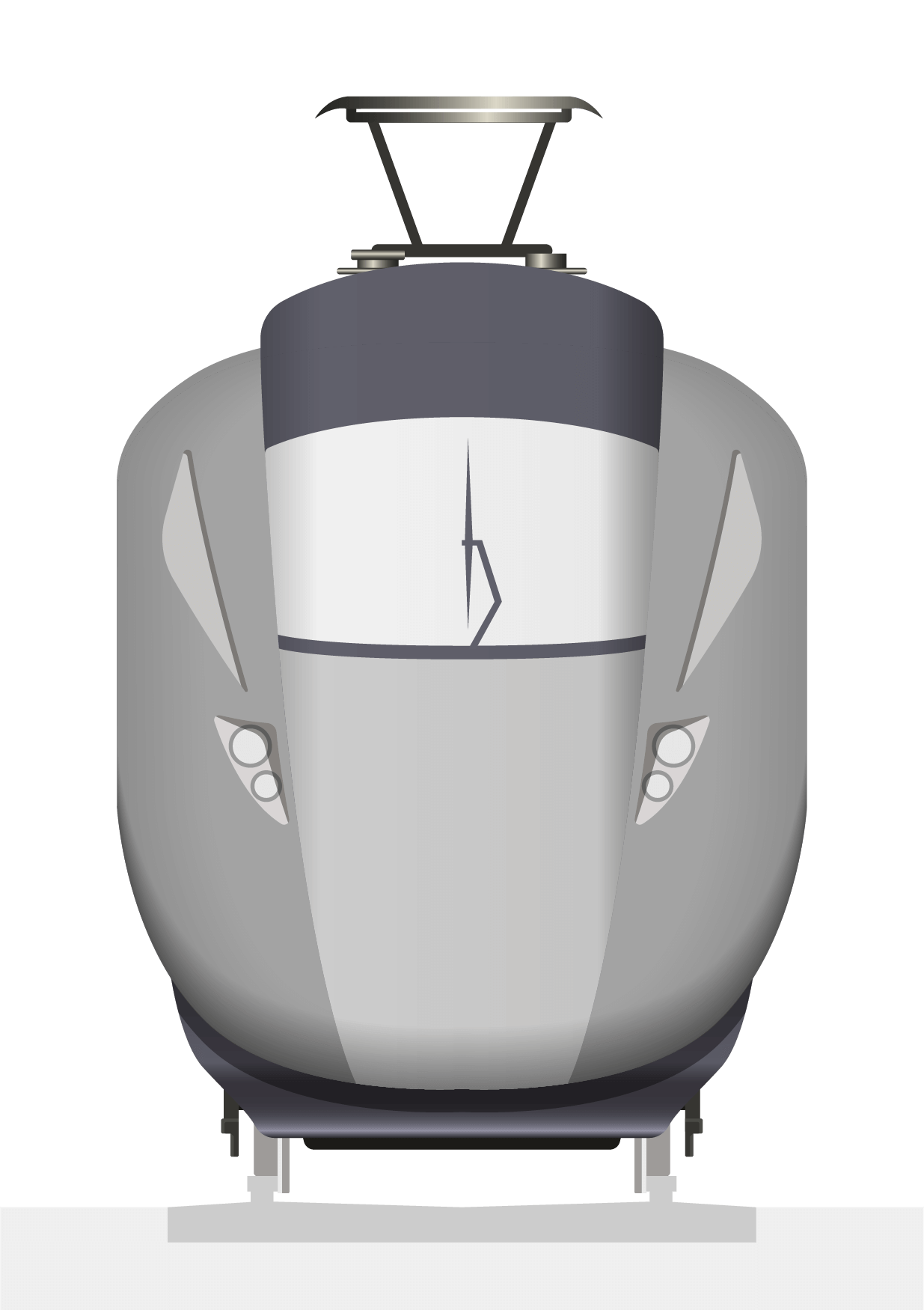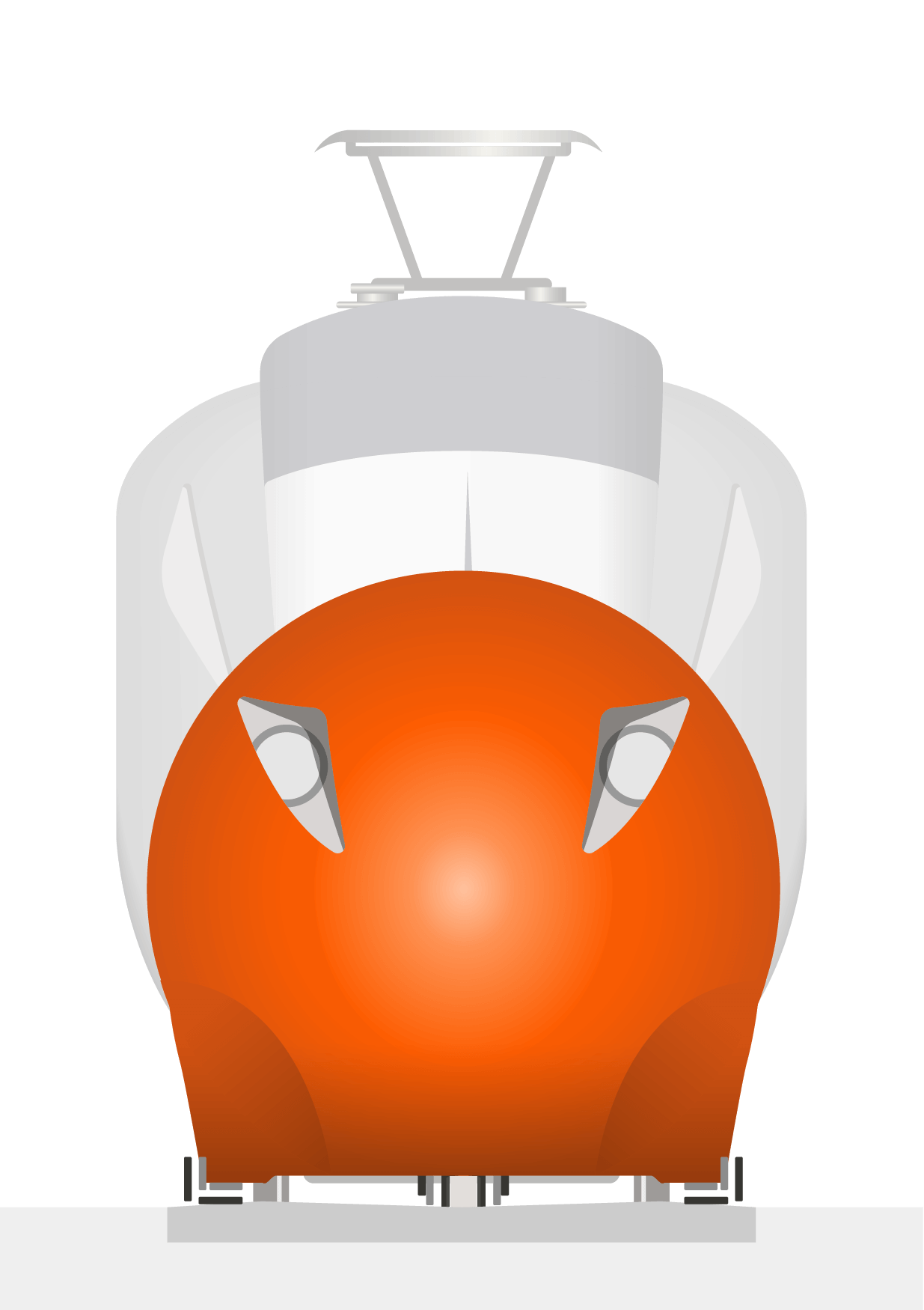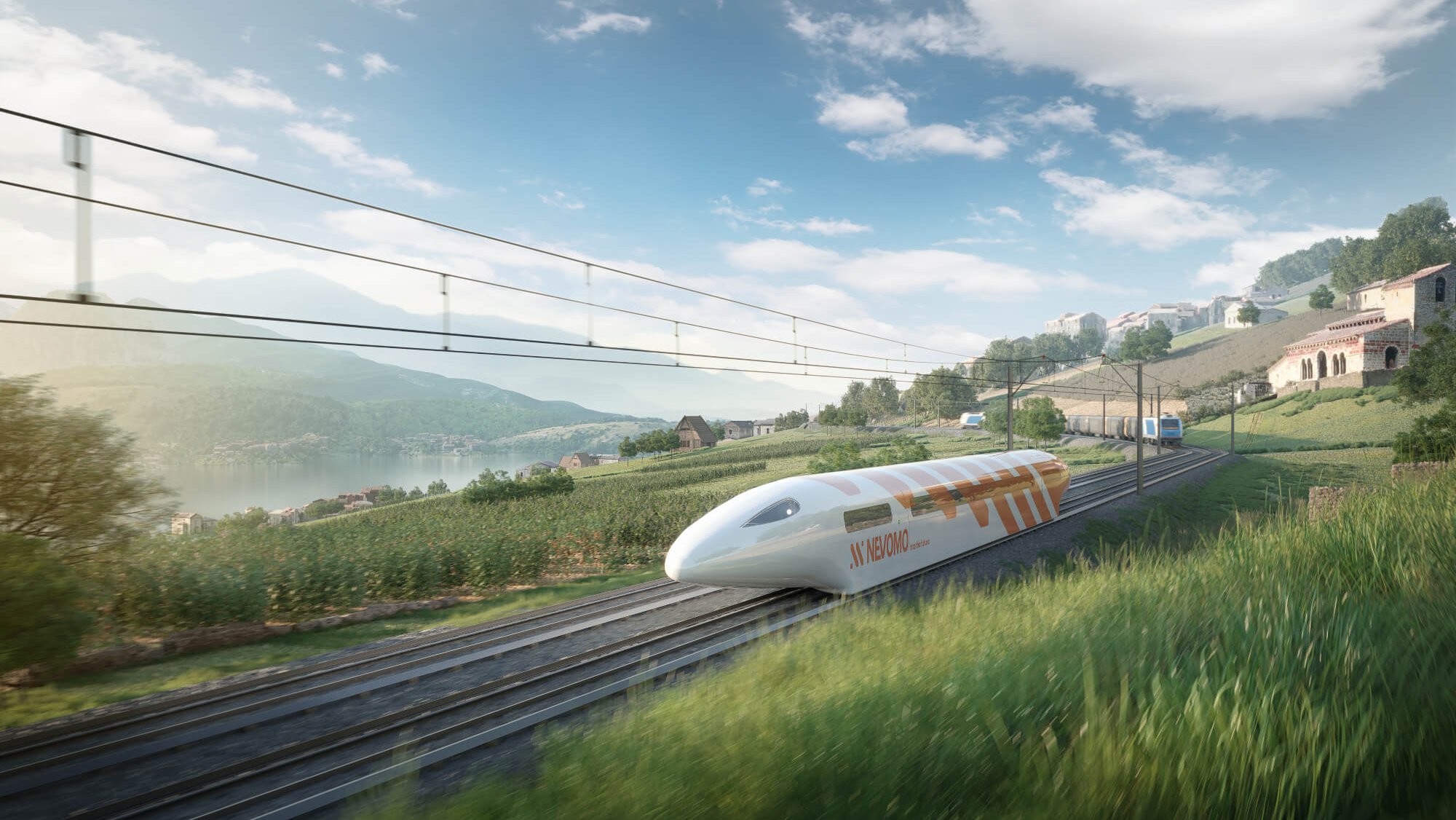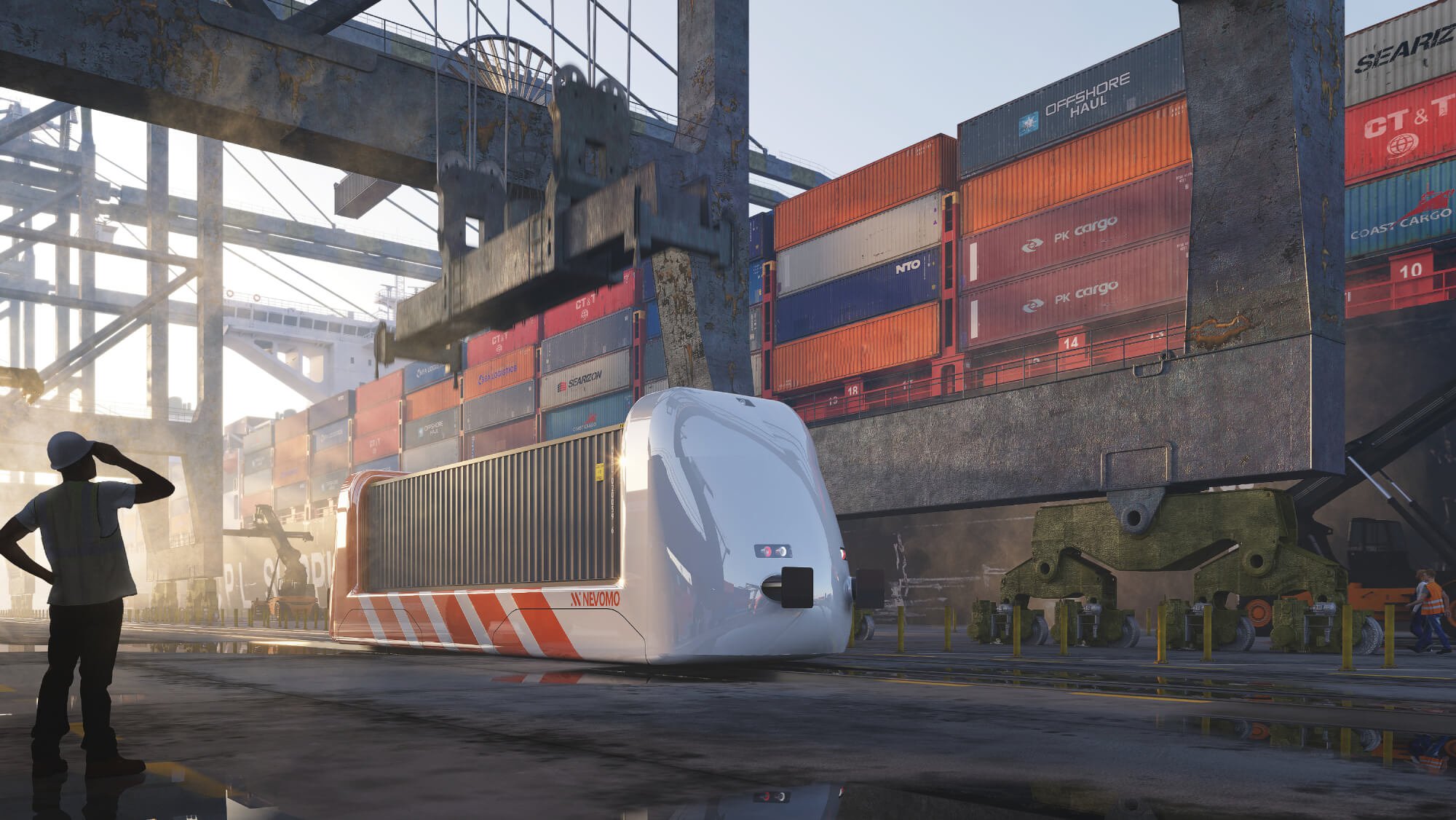Phased approach to upgrade the railway industry
MagRail represents a step-wise approach to the implementation of innovative transport solutions
Current solution:Conventional rail

Short-medium-long haul
100 - 330 kph
Limited further development owing to physical characteristics of 190+ year old technology principles.
Bridge solution:MagRail

Short-medium-long haul
140 - 550 kph
Increased efficiency of existing infrastructure, relatively fast homologation and implementation possible.
Ultimate solution:Hyperloop

Long haul
600 - 1200 kph
Completely new infrastructure needed
Advantages of MagRail
Main advantages compared to conventional railways
Operational
- Shorter headway distance
- Higher achievable speed of train sets
- Higher acceleration on inclines
- Lower operational costs
Customer-oriented
- Higher frequency
- Increased flexibility
- Enhanced passenger experience
Environmental
- Noise and vibration reduction
- Lower carbon footprint
- Less contamination with iron fillings
- No additional land occupation
At Nevomo, we develop technology that will enable the rapid and staged implementation of hyperloop-inspired transport systems using existing rail corridors. By adapting the existing railway infrastructure, we want to enable our vehicles to travel at speeds of up to 550 kph. This will be possible thanks to the development of MagRail technology - a magnetic rail system that uses existing conventional rail transport corridors. As a result, both traditional trains and magnetically levitating vehicles can use the same railroad track.
The MagRail system can be fully integrated with the existing railway infrastructure without the need to make changes to the existing rolling stock. The technology we develop is based on the concept of the hyperloop - an innovative magnetic vacuum railway system.


